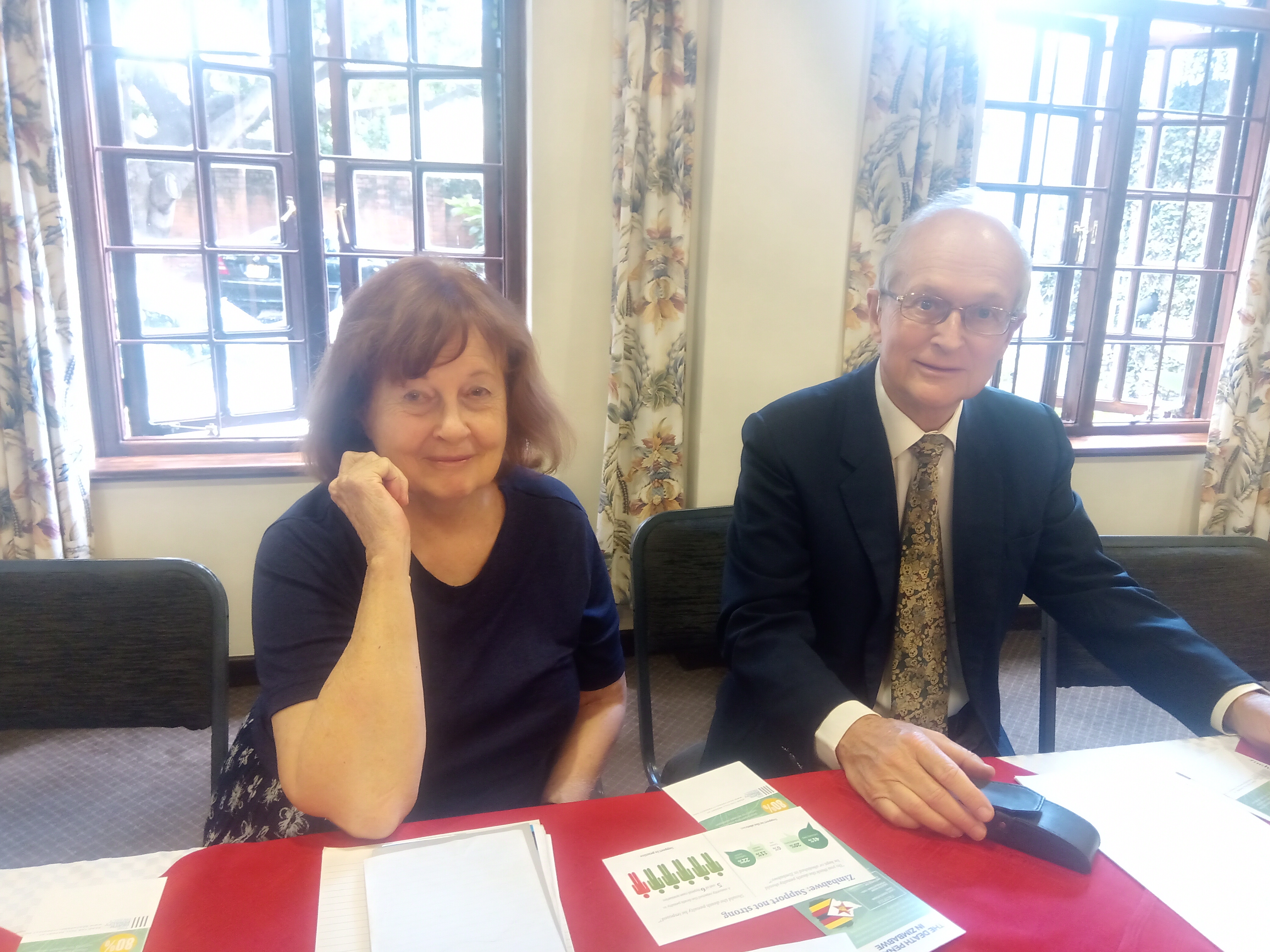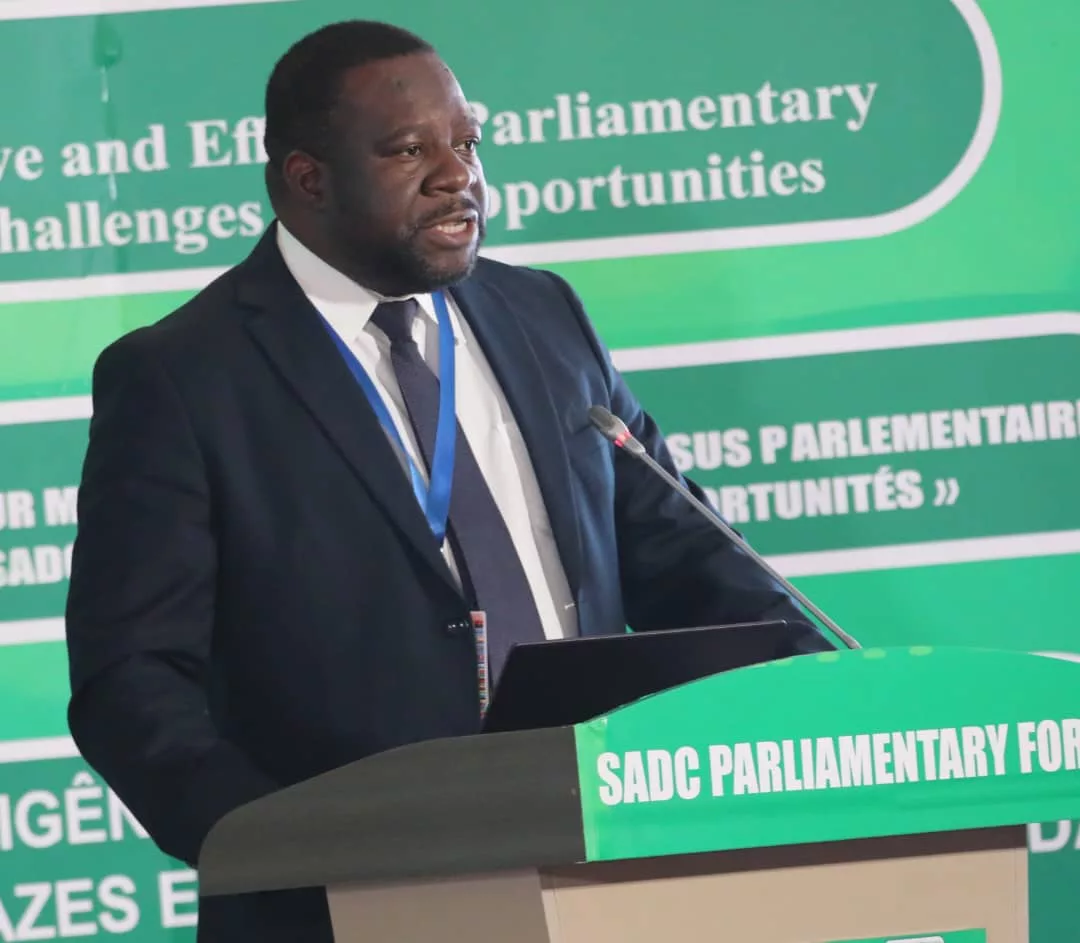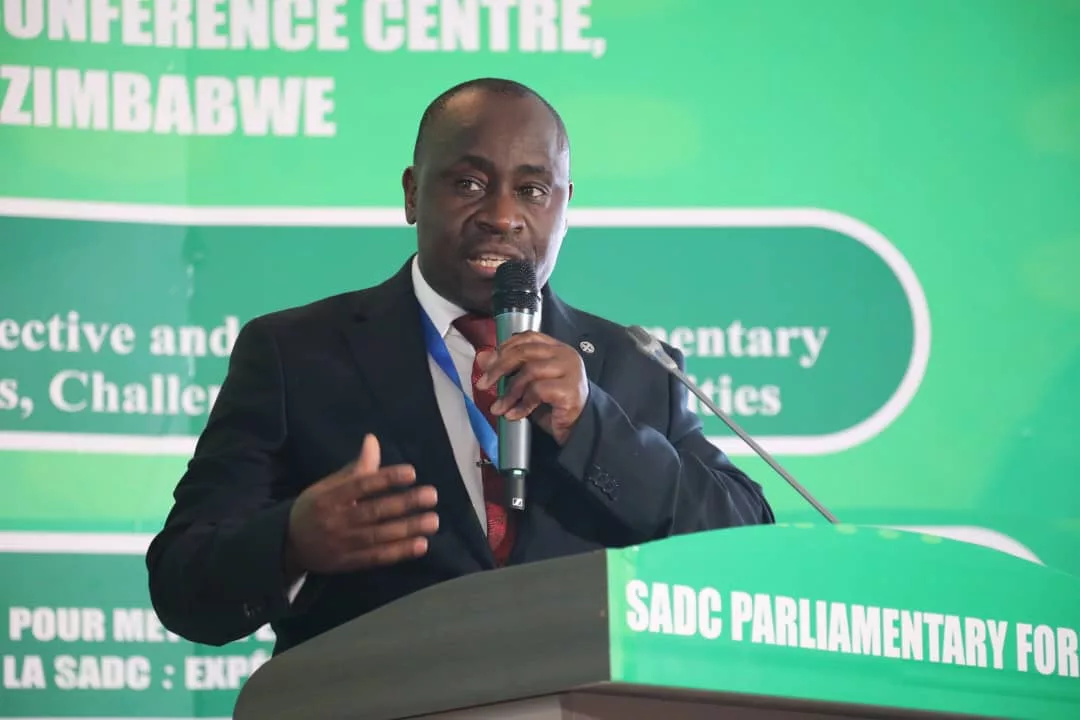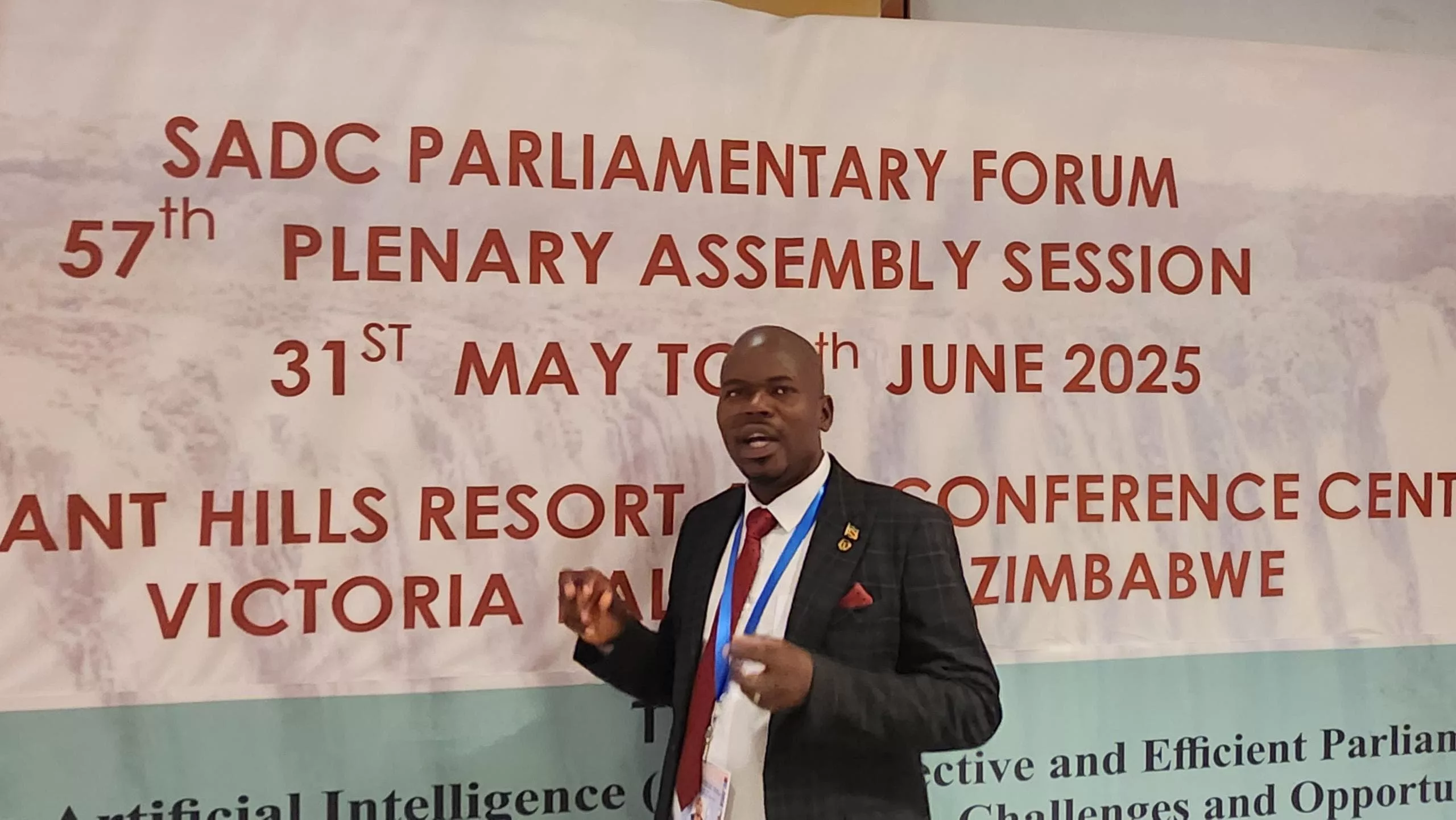Veritas, the organisation that provides information on the work of the Parliament of Zimbabwe and the Laws of Zimbabwe has said there is no moral or practical justification for retaining the death penalty in the country.
This emerged during a workshop with journalists to discuss the death penalty that was held at the Bronte Hotel in Harare on 11 March 2020.
“There is no moral or practical justification for retaining the death penalty in Zimbabwe. It is a relic of colonialism. Death penalty is against customary practice in Zimbabwe. It has not been carried out for the past 13 years, and the rate of murder has not gone up as a result. Few independent states in the rest of the world, including Africa, still carry it out. The United Nations and the African Union are against it. All the major Christian Churches oppose the death penalty on the ground that it is contrary to Christian teaching.
“Traditional leaders are against it. Death penalty has not been shown to deter crime. If innocent people are wrongly convicted of murder and hanged, the mistake can never be corrected. It is often imposed arbitrarily, and is more likely to be imposed on poor people than on the wealthy. Only men can be sentenced to death,” said Valentine Maponga, the Veritas Media and Information Consultant.
Anesu Chirisa, Veritas Programme Officer said the 2013 Constitution gave a new perspective to the death penalty sentence. The sentence is usually meted out to offenders who would have committed heinous acts. Section 48 speaks about the right to life.
“Section 48(2) of the Constitution says that a law may allow the death penalty to be imposed, but only on persons convicted of murder committed in aggravating circumstances. And there are limits to such a law. The court must have a discretion whether or not to impose the death penalty. Only men between the ages of 21 and 70 may be sentenced to death. The death penalty cannot be imposed on women,” Chirisa said.
Section 47 of the Criminal Law Code says that persons convicted of murder may be sentenced to death if the murder was committed in aggravating circumstances, and the section goes on to lay down what circumstances must be regarded as aggravating: e.g. if the murder was committed in the course of rape or housebreaking or if the victim was tortured.
Sections 337 to 342 of the Criminal Procedure and Evidence Act set out the procedure to be followed when the High Court sentences someone to death. Section 339(2) says that where the death penalty is carried out the person sentenced must be hanged by the neck until he is dead.
Although the Constitution allows the death penalty to be imposed for murder, and although the High Court still sentences people to death, no executions have been carried out in Zimbabwe since July 2005. For the past 13½ years there has been a moratorium (i.e. a suspension) on the death penalty. This means that people who have been sentenced to death remain in prison, often for many years, waiting to be hanged.
More and more countries in the world have abolished the death penalty either in law or in practice. When the United Nations was founded in 1945 only eight countries had abolished the death penalty.
Today, out of the 195 UN member or observer states, 105 have completely abolished it for all crimes; 35 do not carry out executions and have not done so for the past 10 years or more. Zimbabwe is one of these countries. while on the other hand only 55 keep the death penalty in law and in practice.
In Africa too, fewer countries have the death penalty. Of the 54 nations in Africa, 21 countries have now completely abolished the death penalty; 18 do not carry out executions and have not done so for over 10 years while only 15 continue to carry out executions.
Of the 16 member states of the Southern African Development Community (SADC), 7 countries have abolished the penalty completely – Angola, Madagascar, Mauritius, Mozambique, Namibia, Seychelles and South Africa. On the other hand 8 have a moratorium on executions: i.e. they do not carry out the death penalty and have not done so for over 10 years. They are: Comoros, the DRC, Eswatini (Swaziland), Malawi, Tanzania, Zambia and Zimbabwe.
Only one – Botswana – continues to carry out executions. Zimbabwe, as already stated, has a moratorium on executions since no one has been executed in this country since 2005.






